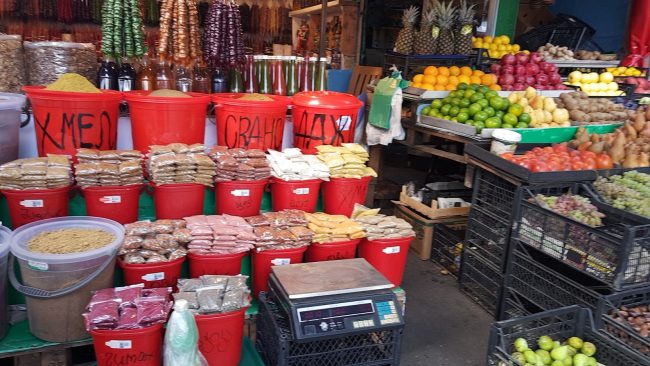Georgia: Protecting Every Child’s Potential

Pure Earth has joined with major partners, including UNICEF and Clarios Foundation, to implement the ambitious “Protecting Every Child’s Potential” initiative (PECP), to significantly reduce lead exposures in low- and middle-income countries. PECP is a four-year, $15M USD, ground-breaking project that will operate in, and share lessons across, five countries: Bangladesh, Georgia, Ghana, Indonesia, and Mexico. PECP funding from Clarios Foundation has been provided to Pure Earth and UNICEF separately for each organization’s distinct but coordinated activities.
Data from recent studies showed that BLLs of children in Georgia are among the highest in Eastern Europe, which indicates elevated risk of lead poisoning (Georgia Multiple Indicator Cluster Survey 2018: Survey Findings Report, 2019).
In the past two decades, several possible lead sources have been identified in Georgia, but few have been thoroughly investigated. Spices is the most common source linked to child lead poisoning in Georgia and the highest priority source for further investigation. Of particular interest are loose unbranded marigold-containing spices and mixes adulterated with lead chromate and sold informally at local agrarian markets or bazaars. Other plausible sources include products like paints and toys. Industrial point sources of pollution that may contaminate the air and soil include mining, coal production, and possibly lead-acid battery recycling or the automotive industry, although less is known about these.
With the support of Clarios Foundation, Pure Earth is working in Georgia to:
- identify and assess sites and products contaminated with lead;
- initiate a national contaminated site assessment program to identify and address other sources of lead exposure, with eight contaminated sites assessed to date,
- educate communities about the dangers of lead and how to protect themselves;
- conduct remediation projects in contaminated communities to reduce or eliminate sources of lead exposures;
- train government representatives and other stakeholders to identify, assess, and mitigate lead contamination;
- provide technical guidance to lead acid battery recyclers and other industry representatives to ensure environmentally sound practices, including a partnership with Tegeta Motors, a leader in the automotive parts and services industry in Georgia, to assess the end of life management of ULABs,
- provide policy recommendations to provincial and national governments to protect workers and community members from lead exposures, and
- take important steps toward the elimination of lead-adulterated spices in the country, a key goal for the program:
- The best available data suggests that elevated blood lead levels found in Georgian children are, in large part, the result of spice producers adding lead chromate to improve color.
- The team has analyzed spice samples from vendors across the country to assess the current adulteration problem. We now know which facilities are adding this toxin to spices and are working with the National Disease Control Center, National Food Agency, National Environmental Agency, and UNICEF to eliminate this practice.
- The Georgia team has produced technical guidance materials, a public education brochure, and a training program for food safety regulators to advance this effort.
